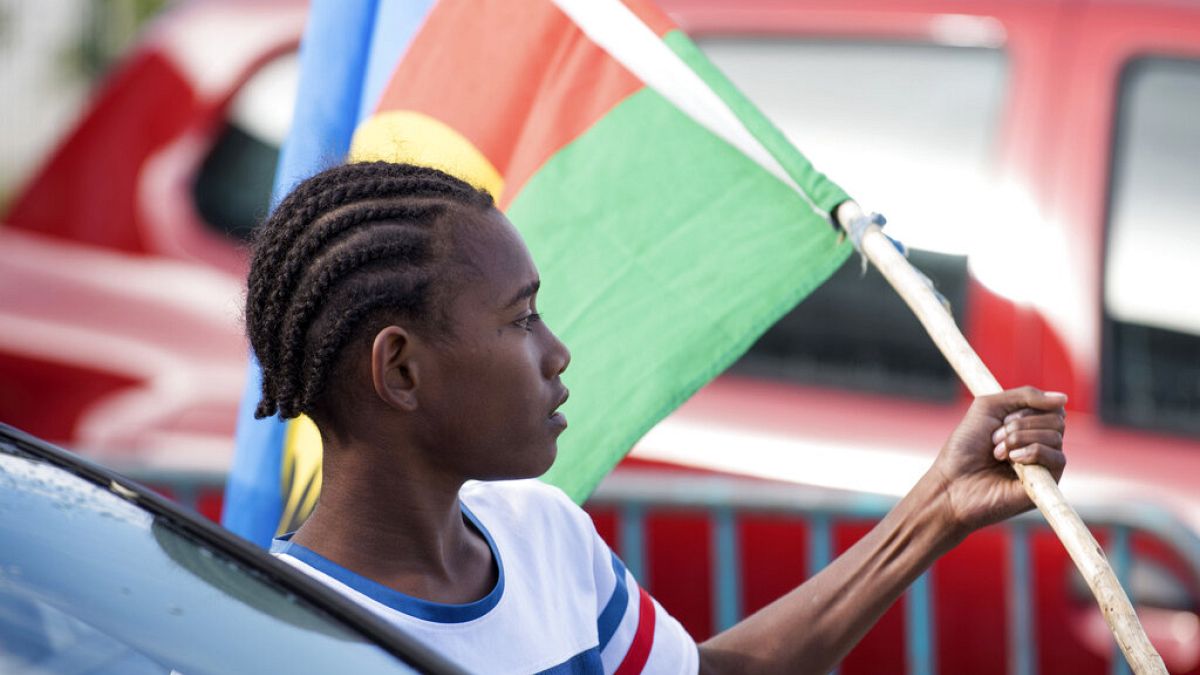The referendum that marks a milestone in a three-decade decolonization effort.
Voters in New Caledonia narrowly rejected independence from France in a referendum held in the Pacific archipelago on Sunday, according to figures released with 70% of votes counted.
More than 180,000 voters were asked the question: “Do you want New Caledonia to gain full sovereignty and become independent?”.
As of 1 pm CET, AFP reported, the no camp had won 53.3% of votes and is likely to win overall, although with a reduced majority than in 2018, when it captured 56.7% of the vote.
The percentages represent 127,921 votes out of a total of 180,598, the territory's High Commission said.
French President Emmanuel Macron said he welcomed the victory of the no campaign "with a deep feeling of recognition" and "humility" during an address at the Elysee Palace.
"The voters expressed themselves, they mostly confirmed their wish to keep New Caledonia in France. As head of state, I welcome this mark of confidence in the republic with a deep feeling of gratitude. I also welcomes its results with humility," he said.
New Caledonia has had its own congress and local administration for the last 30 years, but French rule is considered by indigenous Melanesian people, known as Kanak, to be an extension of French colonialism.
Kanak make up just under 40 per cent of the archipelago's population, while ethnic Europeans and South Asians, the descendants of the first settlers and indentured servants from France's Indochina colonies, make up the rest.
Also among residents are recent migrants from France and other Pacific islands enticed by the islands' nickel mining boom in the late 1960s.
Voters last rejected splitting from France in 2018, and a further referendum could be held in 2022.
New Caledonia became French in 1853 under Emperor Napoleon III, Napoleon’s nephew and heir, and was used for decades as a prison colony. It became an overseas territory after World War II, with French citizenship granted to all Kanaks in 1957.
